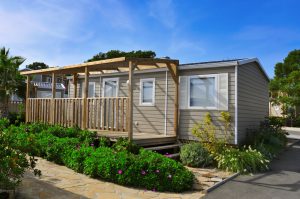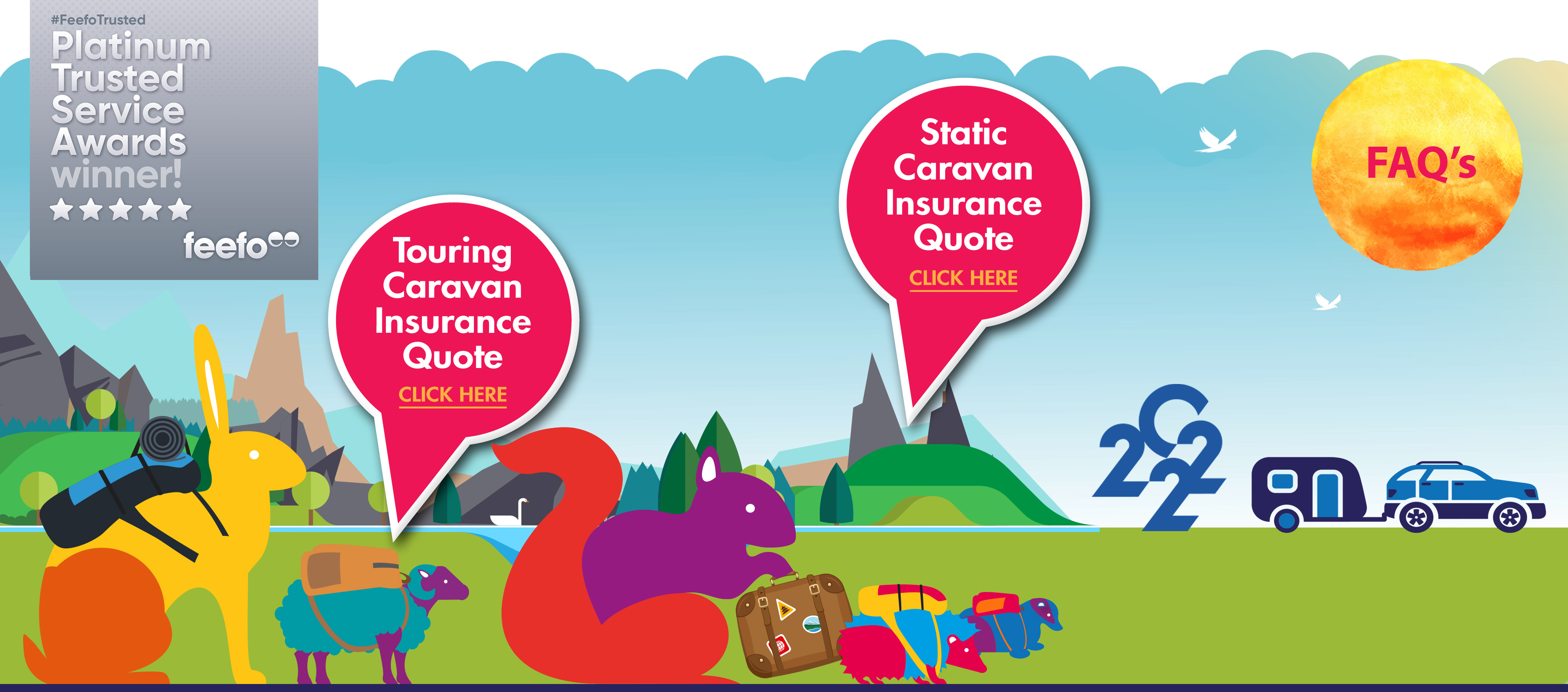
According to statistics compiled by the National Caravan Council (NCC), there are some 365,000 caravan holiday homes in the UK. If you are thinking of investing in such a holiday home, therefore, what are some of the main things you need to know?
Can I live in it?
- although they are bought as a second or holiday home, one of the first questions asked by many new owners is whether they can live in their static caravan as a permanent home all the year-round;
- generally speaking, a static caravan is, indeed, a holiday or second home – it is not designed to be lived in as your main place of residence;
- this is also reflected in the policies of most of the parks and resorts on which your static caravan is pitched – they close for certain periods of the year when their occupation is prohibited even for owners;
- legally, you must have a permanent residence, which must be known as your ‘main address’. This cannot be your holiday home. A static caravan is generally used for leisure and holiday purposes only. So, the answer is “No”, you cannot live permanently on a static caravan.
The lease agreement
- the lease agreement – and, with it, the rent you pay to pitch your static caravan in the park or resort – is critical and bears very careful reading and understanding, so that you are fully aware of the respective obligations and responsibilities you have as the owner and those of the park management;
- for example, you will be responsible for maintaining your static caravan in a good state of repair and for keeping its surroundings clean and tidy – including any outbuildings or fence you own on the pitch you have leased;
Static caravan insurance
- a further important condition of your lease is likely to be your responsibility for arranging suitable static home insurance. Your site owner may offer you their own preferred caravan insurance cover, but in most cases, you are under no obligation to accept their static home insurance – you are free to source your own cover;
- however it is arranged, static caravan insurance provides a critical safeguard against the risk of loss or damage to your holiday home, but also typically includes protection against claims that may be made against you as the owner of the property by third parties who may have been injured or suffered damage to their own property through some connection with your static caravan;
- indeed, that public liability insurance is one element on which the park management is likely to insist that you have adequate cover – for the protection of other park residents, their visitors, and members of the public – and they may reasonably ask for proof of your having arranged suitable cover;
Letting your static home
- the park which is host to your static home is unlikely to raise any objection to your letting the property whenever you choose;
- indeed, the National Association of Caravan Owners (NACO) suggests that most parks and resorts encourage the practice since it helps you to offset the cost of your pitch fees, maintenance and other expenses;
- but if you take that opportunity to earn extra income from letting your holiday home, this is still further reason for thinking carefully about the need for adequate and appropriate insurance for your static home;
- the additional use to which the property is put is likely to mean that you require some form of specialist holiday home insurance – insurance that takes into account those periods of heightened risk when your home is temporarily occupied by tenants;
How long can I keep my static home on its pitch?
- this is another of those questions best addressed through scrutiny of your lease agreement and discussion with the owners or managers of the site or resort;
- some parks may have a maximum limit of, say, 15 years on the age of any static caravan berthed there, for example, while others may specify no particular age for the holiday home, provided it is kept in a good state of repair;
- determining and keeping clearly in mind your security of tenure, of course, is a matter to be negotiated before you sign any lease agreement.
These – and other important considerations regarding your enjoyment of your static home – are questions you need to address before purchasing a static home and before signing any lease agreement with the management of the park on which it is pitched.

